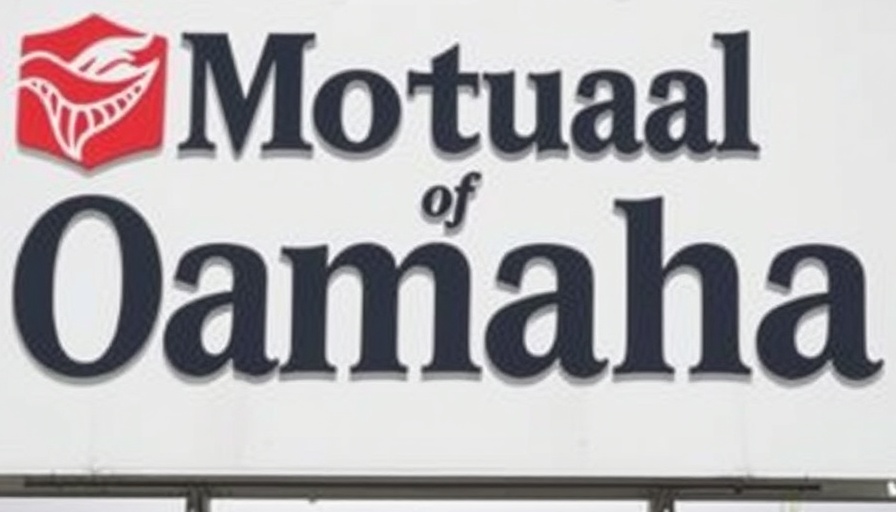
Longbridge's Legal Victory and Its Implications in the Reverse Mortgage Sector
In a significant decision for the reverse mortgage industry, Longbridge Financial has secured a partial preliminary injunction against Mutual of Omaha Mortgage over claims of deceptive advertising practices. The legal ruling, delivered by U.S. District Court Judge Dana M. Sabraw, emphasizes the growing tensions between two major players in the reverse mortgage market.
The Heart of the Dispute
This legal battle began last fall when Longbridge alleged that Mutual of Omaha was promoting misleading information through advertising websites that obscured its control over one of them. Specifically, Longbridge contended that the advertisements directed consumers towards Mutual’s services while failing to clarify that it was affiliated with the previously established Retirement Funding Solutions (RFS) brand. Judge Sabraw’s ruling heard claims from both parties but ultimately found merit in Longbridge's arguments, which claim that the advertisements potentially mislead consumers about available options in reverse mortgages.
Understanding the Ruling's Impact
The ruling not only grants Longbridge some measure of relief but also sets important precedents within the reverse mortgage advertising landscape. Judge Sabraw has restricted Mutual’s ability to advertise its status as a top lender without appropriately acknowledging other independent providers. Specifically, he ordered that any Google Search ad suggesting Mutual belongs to the “Top 3” should represent three separate lenders — not brands affiliated with the same parent company.
Why This Matters to Consumers
For potential reverse mortgage clients, this ruling can enhance transparency in the industry. It allows consumers to receive clearer guidance when making decisions about who to turn to for their lending needs. With many firms emphasizing their qualifications and services, misleading advertising can create confusion. This injunction will help ensure that advertising accurately reflects the availability of providers in the market.
The Bigger Picture: Industry Context
The current dispute between Longbridge and Mutual of Omaha is not just an isolated case; it's part of larger industry conversations centered around advertising ethics and consumer protection. The reverse mortgage market, designed to assist older homeowners in tapping into their home equity, has gained traction in recent years as housing prices rise and retirement savings face challenges. As such, maintaining consumer trust through honest advertising becomes even more imperative.
Future Implications for Reverse Mortgage Advertising
Looking forward, the legal landscape for reverse mortgage lenders is likely to evolve. Companies will need to proactively ensure that their advertising strategies comply with evolving regulatory standards to avoid similar disputes. The ruling may pave the way for increased scrutiny of advertising practices throughout the industry, which would benefit consumers and ethical practices while also challenging lenders to refine their messaging.
This ongoing case exemplifies the significance of regulatory oversight in protecting consumers, especially in complex financial products like reverse mortgages. As more individuals seek to understand and explore reverse mortgage options as part of their financial planning, transparency will play a critical role in shaping the future of this industry.
 Add Row
Add Row  Add
Add 




 Add Row
Add Row  Add
Add 

Write A Comment